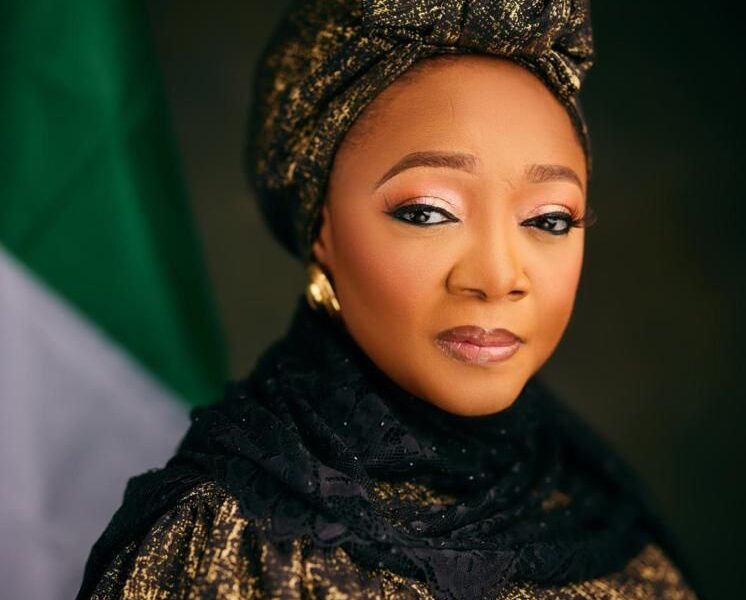Ahead of the 2027 polls, the Minister of Women Affairs, Imaan Sulaiman-Ibrahim, has stressed the importance of integrating women in governance, cautioning that political neglect may shape voting outcomes.
Speaking at the two-day Northwest Governors’ Summit on the Nigeria for Women Project Scale-Up (NFWP-SU) in Katsina, the minister emphasized that the days of sidelining women in policy decisions are fast fading. According to her, women are now more politically aware and ready to vote based on how well their interests are represented.
“With the level of enlightenment among Nigerian women today, any politician who fails to prioritise women’s empowerment risks losing our votes in 2027,” she declared.
Sulaiman-Ibrahim praised President Bola Tinubu’s administration for making women’s development a national agenda and hinted that such political goodwill would not go unnoticed by female voters.
“Women don’t gamble; they follow those who know the road. Women will vote for President Bola Tinubu and certain governors who have shown they are committed to supporting us,” she said.
The summit served as a platform to advance the goals of the NFWP-SU — a World Bank-supported initiative aimed at improving women’s economic, social, and political standing. According to the minister, the original $100 million fund has made measurable impact, but with more states joining the project, the federal government is now considering applying for additional financing to expand its reach.
“The Nigeria for Women Project remains one of the most transformative national platforms for women’s empowerment. But to sustain and grow its success, we must do more, especially in underserved areas,” she said.
She cited recent data from the Enhancing Financial Innovation and Access (EFInA) survey, which revealed that the Northwest has the highest rate of financial exclusion, with 47% of adults lacking access to both formal and informal financial services.
“This gap is particularly harmful to women, hindering their ability to access credit, invest in their livelihoods, and break out of poverty. We must scale up interventions like the NFWP to change this narrative,” she urged.
Highlighting key outcomes from the project’s pilot phase, the minister noted that Women Affinity Groups (WAGs) — local savings and empowerment collectives — have already led to a 30% increase in household income and a 40% drop in dependence on informal lenders.
“These grassroots groups are not just financial units; they are engines of change,” she explained. “They promote leadership, build savings culture, and enhance community resilience.”
Sulaiman-Ibrahim disclosed that 32 states have now committed to the scale-up initiative, with Katsina and Ekiti already rolling out community-level implementations. She said more states are expected to come on board by August 2025.
“We are seeing nationwide interest, and that momentum needs to be sustained”.


